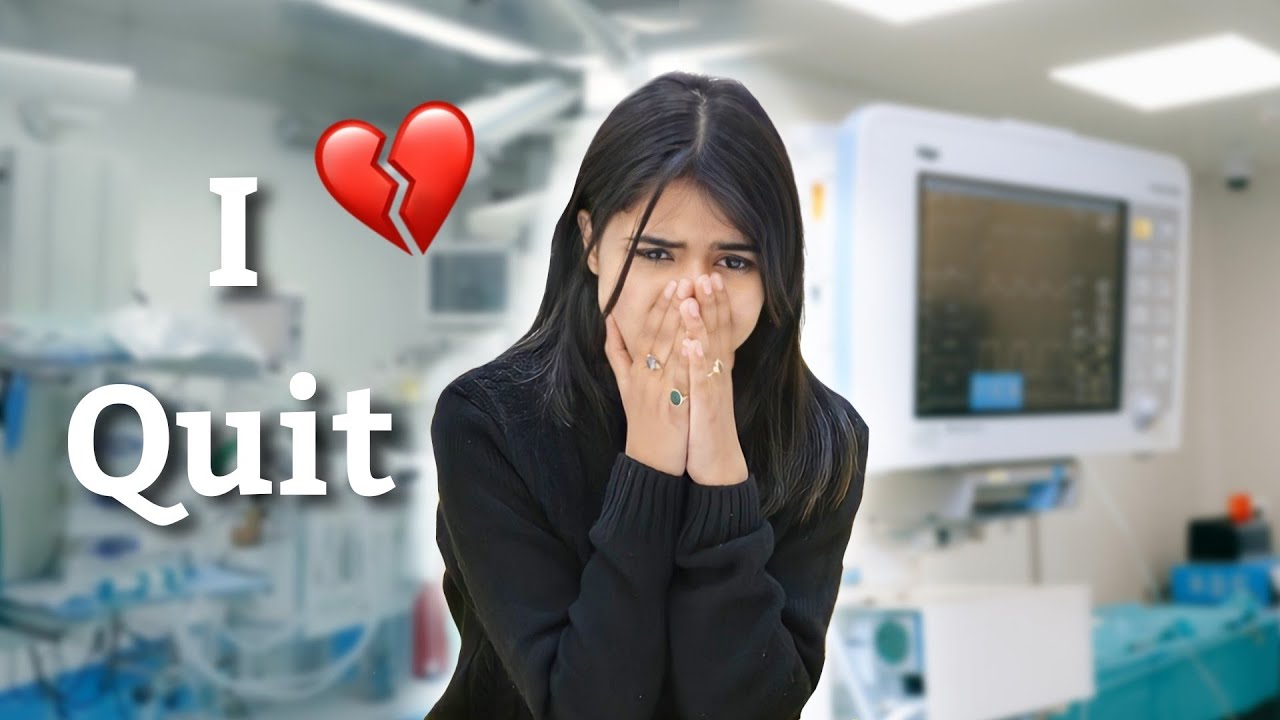KONSELING GIZI ANEMIA PADA REMAJA PUTRI
Summary
TLDRIn this counseling session, a young woman seeks advice for feeling fatigued and dizzy, which is diagnosed as anemia due to low hemoglobin levels. The counselor explains the causes, symptoms, and treatments of anemia, including dietary changes, iron supplementation, and specific advice on how to improve iron absorption. The counselor emphasizes the importance of a balanced diet, especially for adolescent girls, and suggests avoiding certain foods and medications that could interfere with iron absorption. The session concludes with a recommendation for regular iron supplements and follow-up if needed.
Takeaways
- 😀 Anemia is defined as having a hemoglobin (HB) level below the normal range, which is typically 12 g/dL or higher for individuals over 15 years old.
- 😀 The patient, a 20-year-old student, had an HB level of 11.8 g/dL, which is considered low and indicates potential anemia.
- 😀 Common symptoms of anemia include fatigue, dizziness, pale skin, and feeling tired, which the patient had been experiencing for a week.
- 😀 Skipping meals or having insufficient iron intake can lead to anemia, especially when combined with other factors like a busy schedule.
- 😀 Teenage girls, especially those who menstruate, are more prone to anemia due to the increased iron needs during menstruation.
- 😀 To manage anemia, it is essential to increase iron intake through a varied diet that includes sources of animal-based iron, such as meat, fish, and poultry.
- 😀 Fortified foods (foods enriched with added nutrients) can also help increase iron levels in the body.
- 😀 Iron supplements (iron tablets) can be used to treat anemia, with a typical dosage of 60 mg of iron and 400 mcg of folic acid.
- 😀 Iron supplements should be taken in the evening, after meals, and before bed to maximize absorption, and should not be consumed on an empty stomach.
- 😀 The patient was advised to avoid consuming tea, coffee, or high-dose calcium supplements with iron tablets, as these can reduce the absorption of iron.
- 😀 Possible side effects of iron supplements include stomach discomfort, nausea, or vomiting, but these are usually mild and improve with continued use.
Q & A
What is anemia and how is it diagnosed?
-Anemia is a condition where the hemoglobin level in the blood falls below normal. It is diagnosed when the hemoglobin level is less than the standard for the person’s age and sex, in this case, below 12 g/dL for someone over 15 years old.
What are the common symptoms of anemia?
-Common symptoms of anemia include fatigue, dizziness, weakness, pale skin, blurred vision, and frequent sleepiness. These symptoms occur due to a lack of oxygen being carried to the body’s tissues.
What causes anemia?
-The primary cause of anemia is iron deficiency, which can occur due to insufficient iron intake, blood loss, or increased iron needs (like in puberty or menstruation). Other factors include poor diet or certain medical conditions.
Why are teenage girls particularly at risk for anemia?
-Teenage girls are at higher risk for anemia due to the increased nutritional demands of puberty and menstrual blood loss. During menstruation, they lose iron, which makes it necessary to consume more iron than usual to avoid deficiency.
What dietary changes can help prevent anemia?
-To prevent anemia, a balanced diet that includes a variety of foods, especially iron-rich sources like meat, poultry, and fish, is crucial. Additionally, foods high in vitamin C, such as oranges and papaya, can help with iron absorption.
What is iron fortification and how does it help with anemia?
-Iron fortification involves adding iron to food products to increase their nutritional value. This can help people who may not get enough iron from their regular diet, thus preventing or treating iron-deficiency anemia.
How can iron supplements help treat anemia?
-Iron supplements, such as ferrous sulfate, provide a concentrated source of iron that can quickly raise hemoglobin levels. They are especially helpful when dietary changes alone aren’t sufficient. The supplement should be taken after meals to minimize stomach discomfort.
What are the best practices for taking iron supplements?
-Iron supplements should be taken at night, after meals, and not on an empty stomach to reduce stomach discomfort. Avoid taking them with tea, coffee, or calcium supplements, as these can interfere with the absorption of iron. Pairing iron supplements with vitamin C-rich foods can enhance absorption.
What are some potential side effects of iron supplements?
-Common side effects of iron supplements include stomach pain, nausea, and constipation. These side effects are usually mild but may require adjustments in the dosage or timing of the supplements.
What should someone do if they experience side effects from iron supplements?
-If side effects occur, it's advisable to consult a healthcare provider. They may recommend adjusting the dose, taking the supplement with food, or trying a different form of iron supplement to minimize discomfort.
Outlines

このセクションは有料ユーザー限定です。 アクセスするには、アップグレードをお願いします。
今すぐアップグレードMindmap

このセクションは有料ユーザー限定です。 アクセスするには、アップグレードをお願いします。
今すぐアップグレードKeywords

このセクションは有料ユーザー限定です。 アクセスするには、アップグレードをお願いします。
今すぐアップグレードHighlights

このセクションは有料ユーザー限定です。 アクセスするには、アップグレードをお願いします。
今すぐアップグレードTranscripts

このセクションは有料ユーザー限定です。 アクセスするには、アップグレードをお願いします。
今すぐアップグレード関連動画をさらに表示

Anaemia (anemia) - classification (microcytic, normocytic and macrocytic) and pathophysiology

Why I Left YouTube.

Sickle Cell Anemia Nursing | Symptoms, Pathophysiology, Sickle Cell Crisis & Trait

Konsultasi Gizi Menjaga Berat Badan Ideal Pada Remaja Kelompok 1(B 2023) Prodi Gizi FKM UHO

Praktikum Konsultasi Gizi - Diabetes Melitus pada Pekerja Kantoran I By Kelompok 1 PQB

Konseling P4K (Progam Perencanaan Persalinan dan Pencegahan Komplikasi) Mahasiswa Kebidanan
5.0 / 5 (0 votes)
